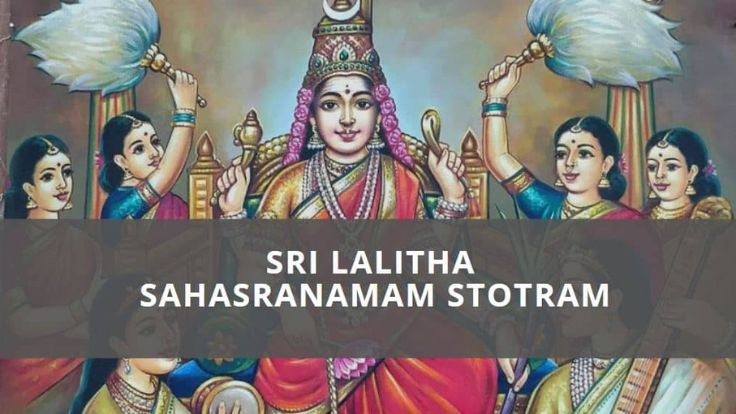Lalitha Sahasranama Stotram: A Divine Ode to the Goddes
Wiki Article
Among the vast collection of sacred texts in Hinduism, the Lalitha Sahasranama Stotram holds a special place. Composed of 1,000 names of Goddess Lalitha, also revered as Tripura Sundari, this stotram is not only a devotional hymn but also a profound spiritual tool for seekers of divine grace and wisdom. Originating from the Brahmanda Purana, the Lalitha Sahasranama is widely chanted by devotees as part of daily rituals and bhajan routines, creating a spiritual atmosphere that nurtures the mind, body, and soul.
The Spiritual Essence of Lalitha Sahasranama
Unlike conventional devotional songs or bhajans, the Lalitha Sahasranama is a structured hymn that systematically glorifies the Divine Mother. Each of the thousand names encapsulates a unique attribute, quality, or manifestation of Goddess Lalitha, portraying her as the embodiment of beauty, power, grace, and compassion. The stotram is more than a poetic composition; it is a spiritual guide that invites devotees to contemplate the infinite qualities of the Divine Mother.
Chanting the Lalitha Sahasranama is considered a path to spiritual purification and mental clarity. The rhythmic verses help focus the mind, reduce anxiety, and cultivate inner peace. Each name is a mantra in itself, carrying vibrational energy believed to harmonize the spiritual and physical realms of the devotee. Regular recitation is said to invoke the Goddess’s blessings, offering protection, prosperity, and spiritual upliftment.
Origins and Historical Significance
The Lalitha Sahasranama finds its roots in the Brahmanda Purana, one of the major Puranas in Hindu literature. The hymn was revealed in a dialogue between Sage Agastya and Lord Hayagriva, emphasizing the power and majesty of the Divine Mother. Over centuries, it has been preserved as a key spiritual text, widely respected for its ability to inspire devotion and guide practitioners in their spiritual journey.
The stotram’s language is Sanskrit, known for its precise phonetic structure that enhances the vibrational effect during recitation. While the text may seem complex to beginners, its English transliterations and translations have made it accessible to devotees across the globe. This has allowed the wisdom and devotion encapsulated in the stotram to reach a diverse, international audience, expanding its influence far beyond its Indian origins.
The Transformative Power of Chanting
Engaging with the Lalitha Sahasranama is considered a transformative experience. Devotees report that chanting the stotram instills a deep sense of calm, focus, and connection with the Divine. The rhythmic repetition of the names fosters concentration, helping individuals overcome mental distractions and cultivate a meditative state.
Spiritually, the stotram serves as a reminder of the multifaceted nature of the Divine Mother. She is depicted as the compassionate nurturer, the powerful protector, and the ultimate source of cosmic energy. By invoking her various names, devotees express gratitude, surrender, and reverence, strengthening their sri lalitha sahasranamam lyrics in english spiritual resolve and enhancing their moral and ethical consciousness.
A Practice for Daily Devotion
sri lalitha sahasranamam lyrics in english The Lalitha Sahasranama is often integrated into daily devotional routines, whether in homes, temples, or spiritual gatherings. Chanting it individually or in a group fosters a sense of unity and shared spiritual energy. During special occasions, festivals, or Navaratri celebrations, the stotram is recited with musical accompaniment, amplifying the devotional atmosphere and elevating collective consciousness.
In addition to its spiritual benefits, the stotram is valued for its ability to cultivate discipline, patience, and mindfulness. Its regular practice encourages a structured approach to devotion, combining meditation, chanting, and reflection in a holistic spiritual experience.
Conclusion
The Lalitha Sahasranama Stotram remains one of the most revered hymns in Hinduism, celebrated for its poetic beauty, spiritual depth, and transformative power. By chanting or listening to this sacred hymn, devotees connect with Goddess Lalitha in a profound way, inviting her blessings, protection, and guidance into their lives. Beyond its religious significance, the stotram offers a universal message of devotion, reverence, and spiritual aspiration, making it a timeless treasure for seekers around the world.
